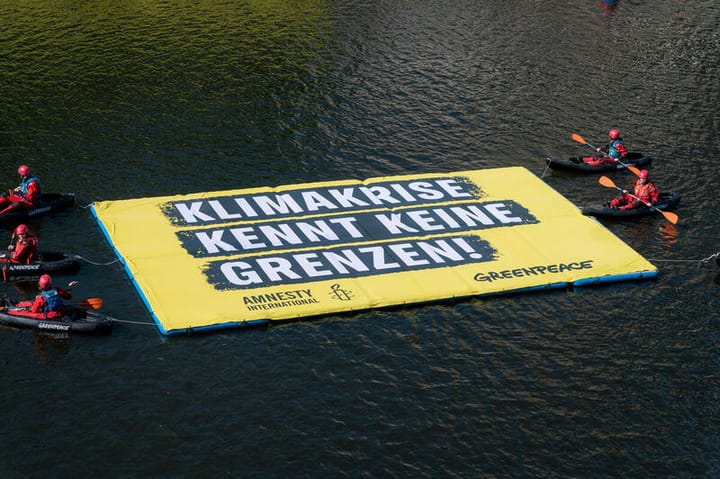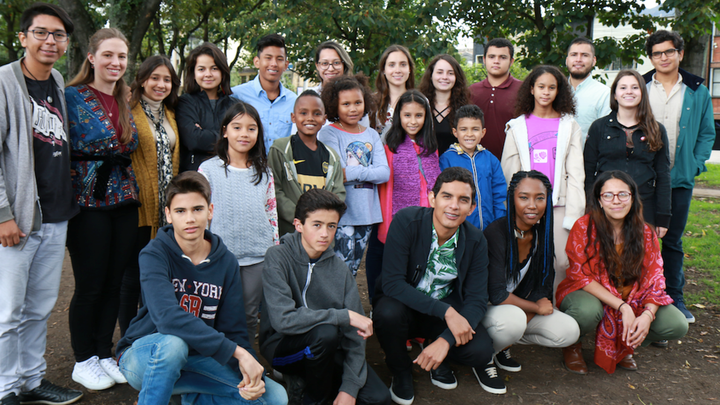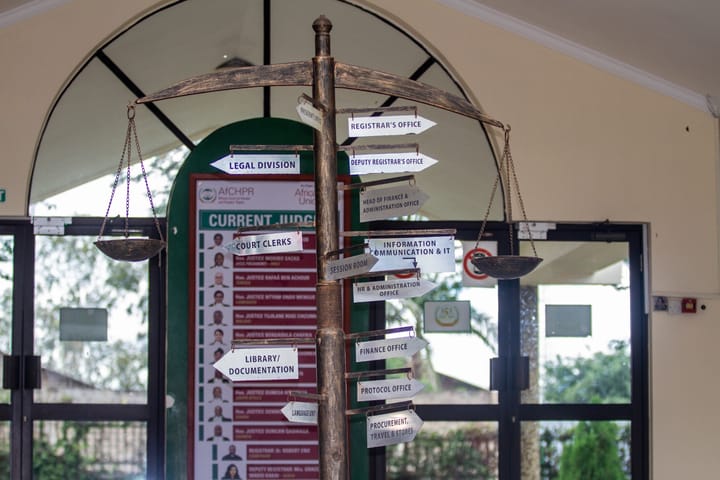'The exoticised narrative takes away from the truth': Leghari nine years on

Asghar Leghari’s family owns a 500-acre farm that grows sugarcane, mangos and other crops in the Rahim Yar Khan district of Pakistan’s Punjab province.
Sugarcane is a thirsty crop, and the area is already water scarce, so rising temperatures and increasingly unpredictable rainfall - as well as illegal abstraction - are really ramping up pressure on the region’s growers.
“Climatic changes are definitely hitting the area hard,” Leghari tells The Wave. “Summer time temperatures can exceed 50 degrees celsius. The impact these changes have is certain crops like cotton simply are not viable due to decreasing yields. Similarly, the area is known for its mango production which are of very high quality but changes in the climate are reducing fruiting in orchards and the frequency, intensity and irregularity of monsoon rains also result in damage to the trees and fruits.”

Pakistan is one of the most vulnerable countries in the world to climate change. It is likely to see more extreme weather, such as erratic monsoons, flash floods and regional droughts, with big impacts on water, food and energy security.
In 2012 the government published its first National Climate Change Policy alongside a framework for implementing it between 2014-2030. Since Pakistan is a very small greenhouse gas emitter in global terms, the policy focused on adaptation.
Leghari tells The Wave these documents were “beautifully written” and “rosy”, with hundreds of measures that had to be taken by various public bodies.
But he saw little progress on the ground. In 2015, he filed a petition in Lahore High Court against the federal government arguing that state inaction in fulfilling even the highest priority measures in the framework was breaching his fundamental right to life under article 9 of the Pakistani Constitution. “That was the extent to which we were prescriptive,” says Leghari. “Beyond this point we left everything to the court.”
David and Goliath?
There are many errors in this way this landmark climate lawsuit has been presented, both in the media and in academia.
For a start, Leghari’s first name is commonly misspelled Ashgar. It’s a small point, but a sign of how a single mistake can be repeated unchecked.
In legal documents relating to the case, Leghari is described as “an agriculturist”, and in news reports and elsewhere he is referred to as a farmer and sometimes as a law student too. In fact he did not spend his days tilling the soil and had been a practising lawyer for several years by the time he filed the lawsuit. He was even represented by his company’s partner Mansoor Usman Awan, who has since become attorney general of Pakistan.
Leghari is frustrated about the mischaracterisation of his case as some kind of David and Goliath battle. “Frankly I do take issue with that. The exoticised narrative takes away from the truth.”
He notes that Awan was taken seriously because he was already an established lawyer. “And we were lucky to have a really good judge on the case that latched on immediately.”
Even if it helped raise attention, he does not think the framing of his story “adds value”, saying that it is misleading about the reality of access to justice in Pakistan. “It takes away from the amount of effort that professional lawyers had to put into this case to make it successful, with quite a bit of luck at the same time. As a lawyer, I hope farmers can just get up and go to court and get this kind of relief, but it’s simply not true.”
Good faith
When it came to the actual case, Leghari did not have to prove that he was personally affected. Unlike countries such as the US, where there are strict rules on who can bring a court case, there is a tradition of public interest litigation in Pakistan with broad rules on standing.
“The only requirement is to demonstrate that this is out of good intentions and that you’re not personally interested in it or benefitting from it,” says Leghari. Concerns about how climate change was affecting subsistence sugarcane farmers “weighed heavily” on him, although the petition described how he relied on agriculture as a source of income to “loosely tie in the idea” that he was affected by it. “But it wasn’t really something that we were pushed on because the court believed that we were doing it in good faith.”
Ahmad Rafay Alam, a Pakistani lawyer and veteran environmental activist, tells a slightly different story. He says Justice Syed Mansoor Ali Shah of the Lahore High Court had been seeking out a climate case to adjudicate on and had nudged things on.
Delay and lethargy
Just three months after the petition was filed, a judgment was issued.
Justice Shah agreed that climate change was the “defining challenge of our time” and ruled that the government’s “delay and lethargy” in implementing the framework “offended the fundamental rights of the citizens which need to be safeguarded”. As well as his right to life, he said inaction on climate change breached Leghari’s human dignity.
In coming to a judgment, Justice Shah referred both to Pakistani law and international legal principles, including sustainable development, the precautionary principle, environmental impact assessment, inter and intra-generational equity and the public trust doctrine. “It appears that we have to move on,” he concluded.
At a high level, the judge endorsed a new principle of climate justice, calling for environmental jurisprudence to be “fashioned” to meet the needs of climate change. And he said the right to life explicitly included the right to a healthy and clean environment.
The court issued several orders to address the problem, including setting up a Climate Change Commission to monitor the government’s progress.
Setting up a body of this sort is not an unusual judicial move, says Alam. But this one had a particularly high profile, being chaired by the “grandfather of environmental law in Pakistan” Dr Parvez Hassan, a senior advocate of the Supreme Court of Pakistan who also previously chaired the IUCN’s World Commission on Environmental Law.
Dr Hassan tells The Wave that the government of Punjab, Pakistan's most populous province, benefitted most because Climate Change Commission meetings were held in its offices and it was forced to coordinate its climate work with federal ministries, which continues to happen informally.
"Through the months of association with the Climate Change Commission, its leadership and heads were sensitised to environmental considerations in planning and even introduced specific roles for environmental expertise in planning," says Dr Hassan.
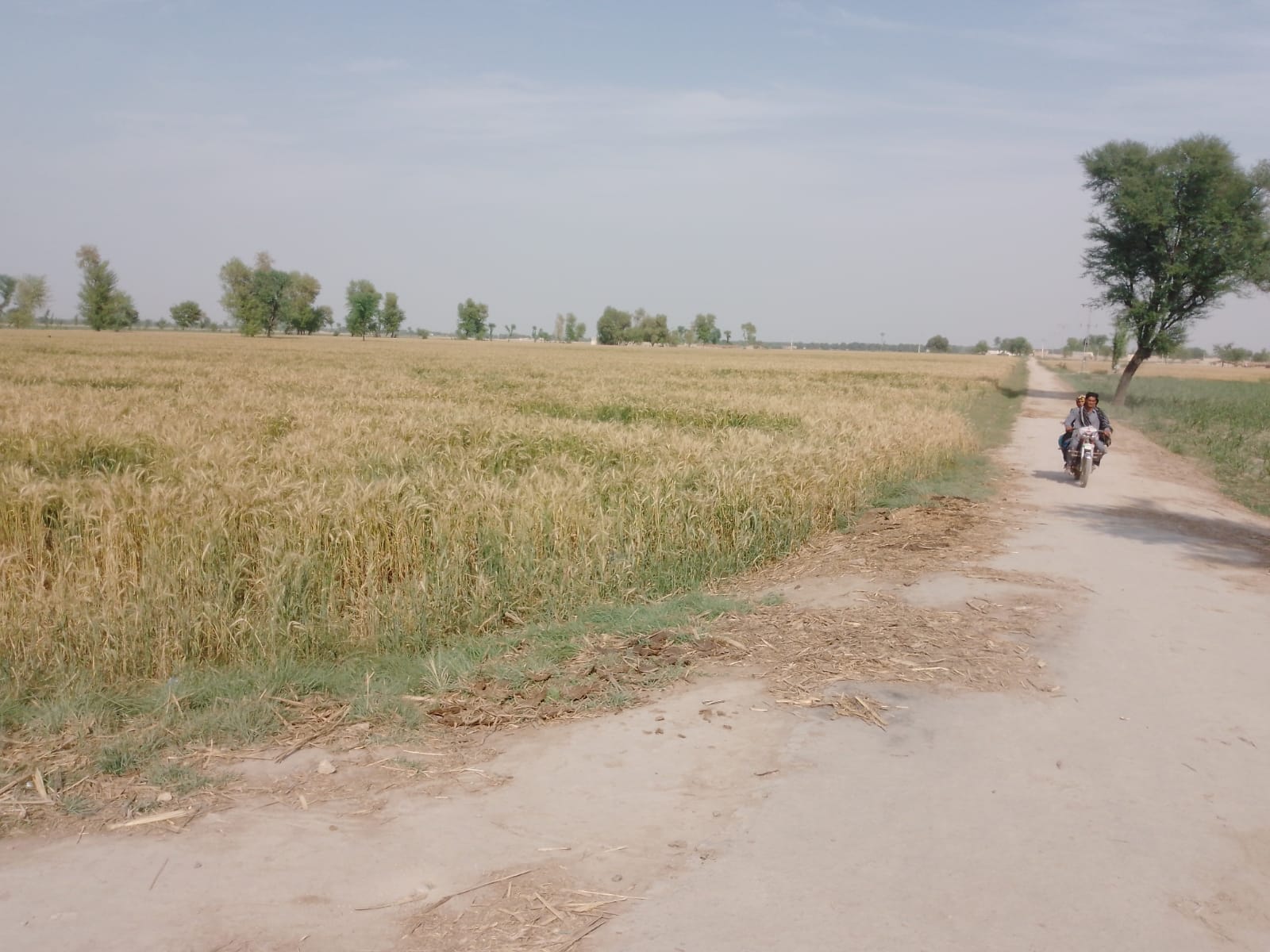
Leghari sees the commission as “one of the main reasons why this case is really discussed all around the world”, speeding up the execution of a number of adaptation and mitigation projects that should already have been under way. “When that group of people came together and made a decision, knowing that they were going to be supervised by a judge of the high court, it meant that those decisions were owned and executed,” agrees Alam.
Leghari says judges in some environmental cases in Pakistan have gone “overboard”, issuing orders well beyond what litigants have asked for and stepping firmly into policy-making territory. “Justice Shah maintained that fine balance in terms of what the court should and should not do. He said we’re going to do the priority actions and you can take it from there. And even in terms of the priority actions, you tell us what you can realistically achieve and we can help you achieve it.”
One key win was in finally securing a national water policy by forcing the Council of Common Interests to meet and approve it. The court also endorsed a new principle of ‘water justice’ under the wider climate justice umbrella. “Judge Shah did a fantastic thing by adding some jurisprudence to the final order by adding the climate justice and water justice paragraphs,” says Alam.
Three years later, the court issued a supplementary report which said that, between September 2015 and January 2017, two thirds of priority actions from the framework had been implemented. In light of that, the commission was dissolved and an order made to replace it with a “standing committee on climate change”.
The Leghari lawsuit is celebrated as an important milestone in climate litigation.
'I never expected it to get this big'
A paper on its symbolic value from King’s College London said it was “the first climate change case from the Global South to attract world-wide scholarly and journalistic attention, emerging as it did at the same time as the far better publicised Urgenda Foundation v The State of Netherlands”.
In a 2022 report on framework litigation, the LSE said the ruling showed “the Lahore court was willing to exercise an active role and build regulatory capacity where the statutory and institutional framework was ineffective”.
“I never expected it to get this big,” says Leghari.
One of the things he is pleased about is how the “administrative dictionary of bureaucracy” has changed. The food department was like: ‘Well, what do we have to do with climate change?’ It’s not the same any more. There’s a deeper idea that wheat procurement is something that is tied in with food security, which is always going to be a climate concern.”
Another example he gives is of the meteorological department being forced to share its data with other ministries. “These are the sorts of transformations that departments did go through while functioning within the commission. Not to say that things are perfect now, but at least it introduced the idea that you cannot just ignore this.”
But nearly a decade after filing his case, Leghari’s perspective has changed. Over the years he has specialised in corporate law at various private practices and recently started a public sector job as assistant advocate general in Punjab.
Meanwhile, there has been little further action on the climate framework. And the standing committee on climate change has never formally met, although its nominal chair Dr Hassan says he expects that it will "as soon as I find an opportunity to progress our mandate". Dr Hassan adds that he has continued to work cloesly with the federal ministry of climate change through his chairmanship of other environmental commissions appointed by the Supreme Court.
“The court in my case did a wonderful job, but once [Justice Shah] was elevated from the High Court to the Supreme Court [in 2018] it all died out,” says Leghari.
“I think the climate case had a limited shelf life,” agrees Alam. “Once the commission report was over, that was pretty much it.”
Leghari also doubts his case had much impact on the general public. He admits to being flattered when a group of mid-career judges treated him as “somewhat of a celebrity”. “These are people that are following stuff like this and pleased that the superior courts are taking on progressive issues. But it is reaching people that are connected to law or climate change… beyond these two larger streams I don’t think it’s something that’s really reaching a lot of people.”
However, changes in the law happen incrementally.
A subsequent constitutional lawsuit was brought by a group of women who argue that, since climate change has a disproportionate impact on women, the government’s climate inaction violates their rights to equal protection under the law. In their filings they reference the Leghari success. “Successful litigation gains territory inch by inch by inch. If you keep at it, there’s a lot that can be done,” says Leghari.
In fact, it could be argued that the case had a bigger impact outside the borders of Pakistan, being one of the first ripples of a wave of climate litigation around the world.
"I want to look at avenues that relate more to policy… because experience has taught me that judicial interventions are not enough"
Alam has not given up on climate litigation within Pakistan, saying he stays up at night thinking of potential lawsuits. However, these would look very different from cases in the Global North, often focusing like those in Africa on indirect issues such as air pollution, water use and contract law.
And he thinks wider systemic change is needed, noting that Pakistan’s latest climate case was again orchestrated to some extent by Justice Shah, who is one of three Supreme Court judges presiding over it. (That case, incidentally, does not mention Leghari at all).
“One or two judges who are interested in climate and environmental issues does not jurisprudence make,” warns Alam. “If you look back at the actors and players involved in a lot of this public interest environmental litigation it is the same four or five people; the same judges, the same lawyers. We tend to make a bit of hype about it because this is a huge issue, but it’s not as if this is something that’s percolating through the system.”
In 2024, Pakistan still has a long way to go. Its political instability has taken the focus off environmental issues and its new prime minister has not appointed a climate minister. A 2022 report from the World Bank, following a devastating series of heatwaves and floods that were supercharged by climate change, concluded that the country still needs fundamental shifts in its development path and policies, requiring substantial investments in adaptation and resilience.
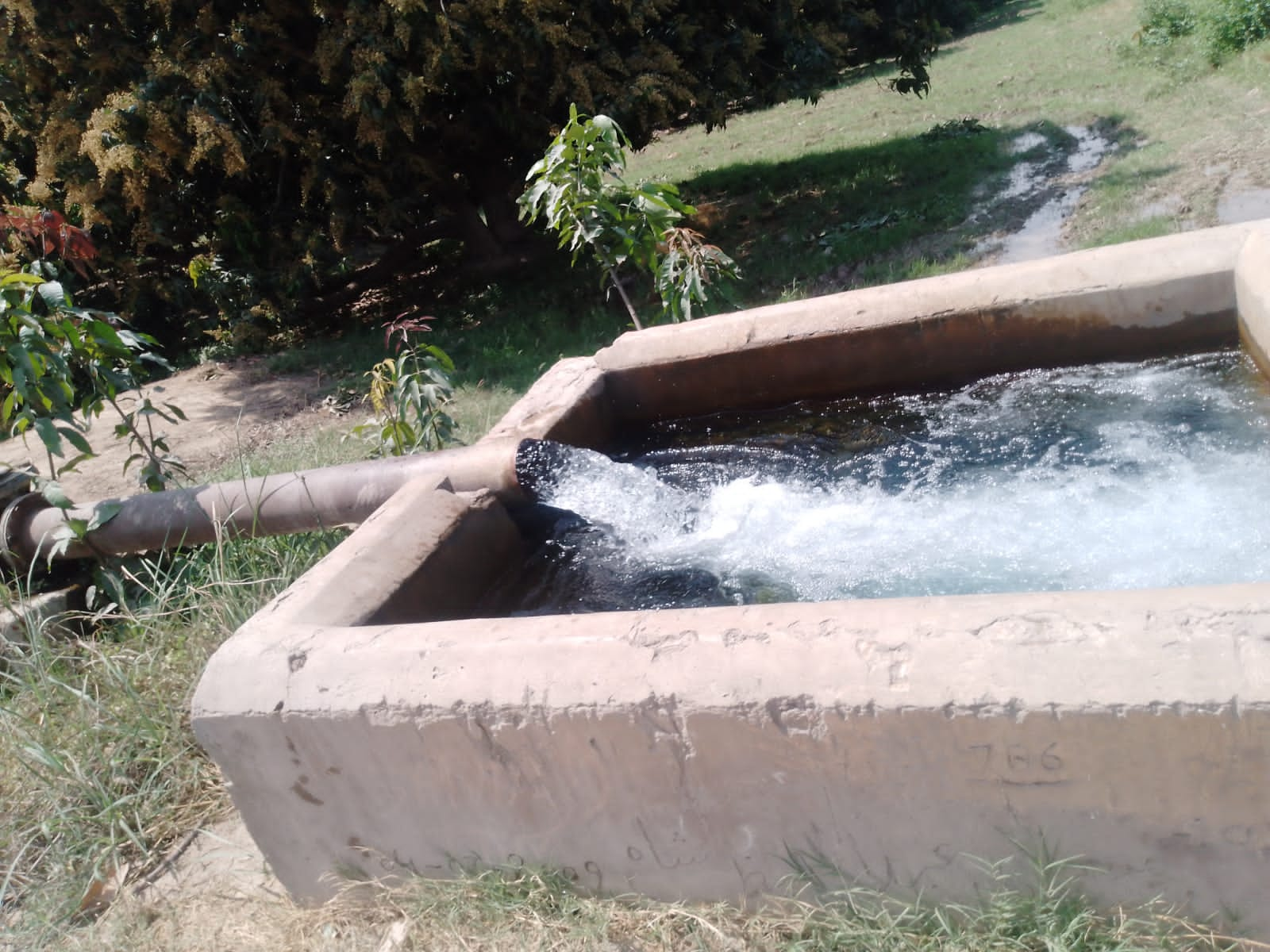
Climate change is still important to Leghari, whose family farm remains reliant on pumping subsurface water to irrigate its crops. In the week we speak, dozens of people died as a bout of surprise snowfall and heavy rains hit remote areas of Pakistan.
But he has concluded that the courts are not a substitute for policy. “Litigation is a great strategic tool and you should have it in your arsenal. But it’s one of those things that you need to be very calculated about which part of your strategy litigation fits in.”
“I want to not just be a litigator in all of this,” says Leghari, who has recently secured an emerging climate leaders fellowship at Yale University. "I want to look at avenues that relate more to policy… because experience has taught me that judicial interventions are not enough.”

